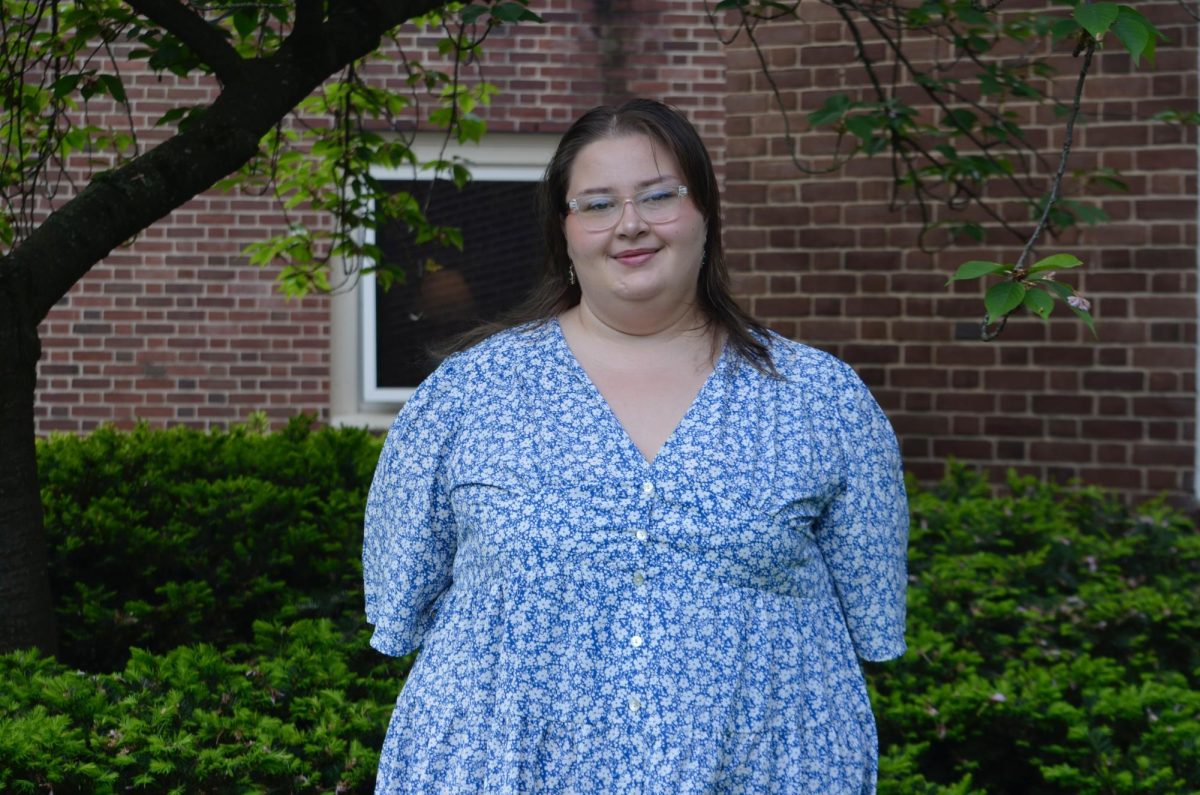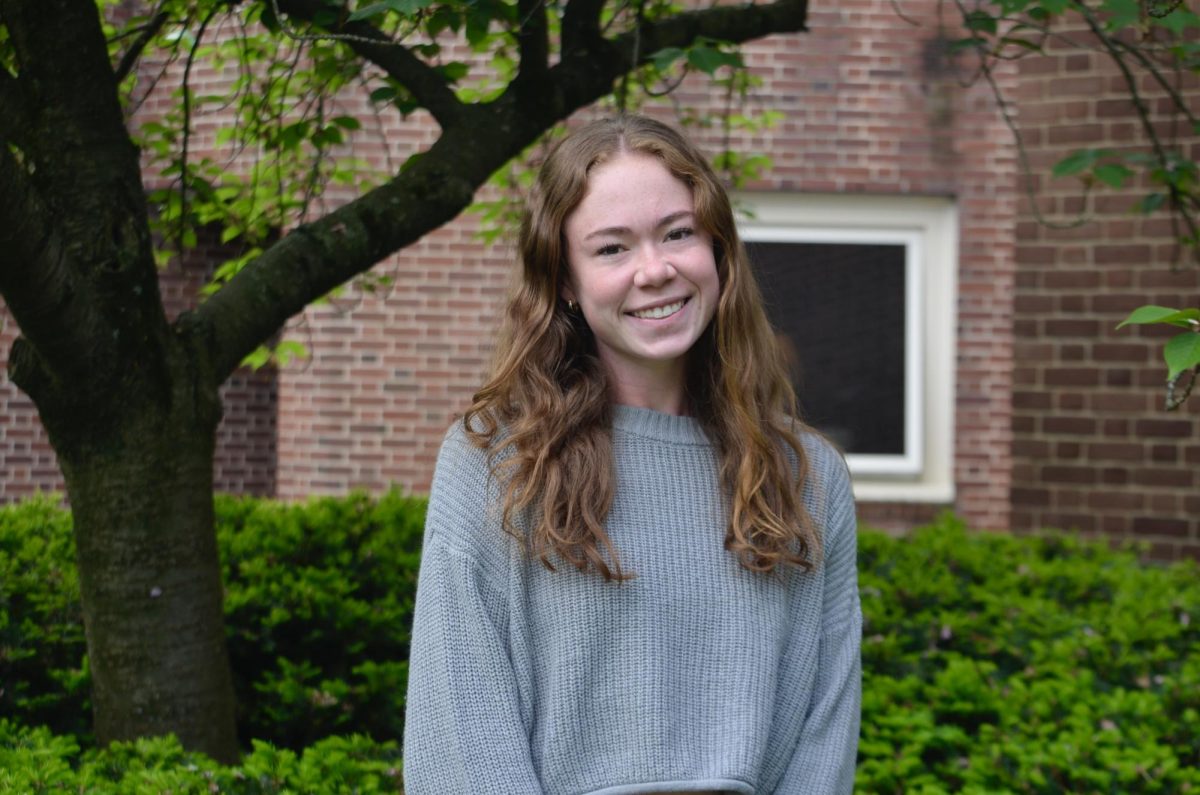By Katherine Schotz
Contributing Writer
Technology is able to create a sensory swarm in the brain, and neurons can stimulate to act as if there was a reality in front of them through both correct isolation of the neurons and training of the subject, said a prominent neuorscientist who has been conducting research in Berkeley, California to improve health with prosthetic body parts.
Jose Carmena spoke Tuesday in the Gallery Theatre about his ultimate goal to have machines operate as a part of the body, for instance with a prosthetic limb. The lecture took place as part of the University’s Social Science Colloquium series entitled “Emerging Minds: Seeking Meaning in a Physical World.” This was the penultimate event in the series, which is focused around neurology.
“Once formed, the critical map is readily recalled, stable across time, and resistant to interference,” Carmena said. Simplified, the brain can “regularly recall motor memory.”
In his research, Carmena is looking at how the brain is able to reach for an object and grab it. Further, he would like to understand how the brain could be tricked into believing a machine is an extension of the body. His colleagues and he have suggested ideas that were unheard of 20 years ago.
Over the past several years, Carmena points out that there has been a change in how the brain is viewed. Instead of believing that the brain is hardwired to perform basic motor skills from birth, the new theory is that the brain can learn and change.
“The brain is highly adaptive, or plastic, in adults and remains so throughout life,” Carmena said.
The change helped to guide Carmena’s research. Starting at Duke University, he conducted a number of experiments. He and his team were able to get monkeys to control the number of neurons firing in the brain.
Carmena is the principal investigator with the Brain-Machine Interface in the systems laboratory at the University of California-Berkeley, where he also serves as an assistant professor of electrical engineering and cognitive science and neuroscience.
“Questions about the nature of our minds and identities have been posed for millennia,” said series coordinator Joseph Tranquillo, assistant professor of biomedical and electrical engineering at the University. “Since the beginning of the 20th century, however, technological and scientific advances have enabled the ancient questions about mind and self to be revisited in new ways.”
The next event in the series is a lecture by David Eagelman on March 10.





















